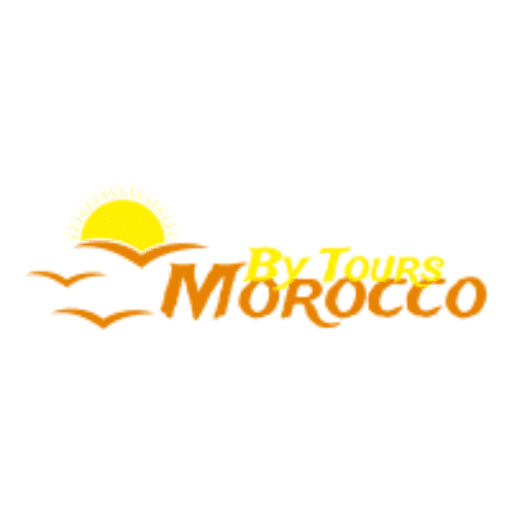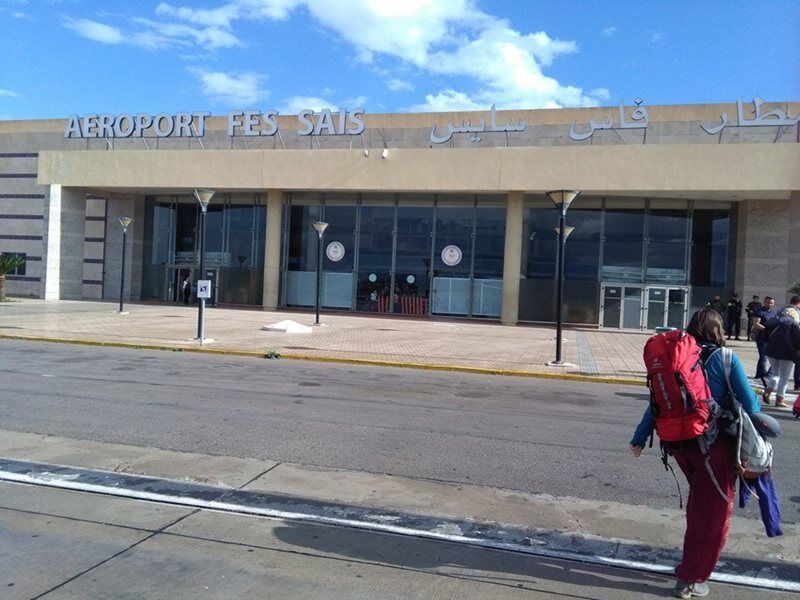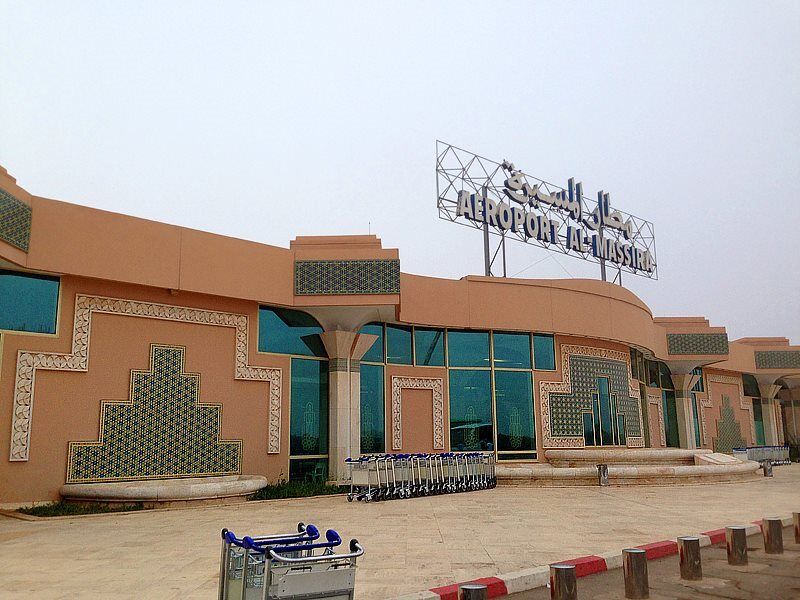co
How to Get to Morocco
Introduction
How To Get To Morocco, Traveling to Morocco is an exciting adventure filled with vibrant cityscapes, serene deserts, rich cultural heritage, and exquisite cuisine. This guide provides comprehensive information on how to get to Morocco, including details on booking flights, navigating airports, understanding local customs, and making the most of your stay.
Research and Book Flights
Booking your flight to Morocco is the first step in your journey.
Choosing the Right Time to Travel
Morocco’s climate varies significantly depending on the region and the time of year. The best times to visit are during the spring (March to May) and fall (September to November) when the weather is pleasant. Summer can be extremely hot, especially inland and in the desert, while winters can be cold in the mountains and rainy along the coast.
Using Online Travel Platforms
Online travel platforms like Expedia, Skyscanner, and Google Flights are excellent for finding and comparing flights. These platforms aggregate data from various airlines, allowing you to compare prices, flight durations, and layover times. Setting up fare alerts can also help you catch deals and discounts.
Direct Airline Bookings
Booking directly through the airline’s website can sometimes offer advantages, such as better customer service, seat selection options, and potential membership rewards. Major airlines flying to Morocco include Royal Air Maroc, Air France, British Airways, Lufthansa, and Emirates.
Key Airports in Morocco
- Marrakech Menara Airport (RAK): Located in Marrakech, this airport serves numerous European flights and connects to many destinations within Morocco. Its modern facilities and proximity to the city center make it a popular choice for tourists.
- Casablanca Mohammed V International Airport (CMN): The largest and busiest airport in Morocco, handling a significant number of international flights. Casablanca’s strategic location makes it a convenient entry point for exploring the entire country.
- Fes-Saïss Airport (FEZ): Situated in Fes, this airport caters to several international and domestic flights. Its smaller size allows for quicker processing times, making it a convenient gateway for travelers heading to northern Morocco.
Booking Domestic Flights
If your itinerary includes multiple destinations within Morocco, consider booking domestic flights. Airlines like Royal Air Maroc and Air Arabia Maroc offer flights between major cities such as Marrakech, Fes, and Casablanca. Domestic flights can save you time compared to long-distance road or rail travel.
Preparing for Your Trip
Proper preparation is crucial for a successful and enjoyable trip to Morocco.
Visa Requirements
Depending on your nationality, you may need a visa to enter Morocco. Citizens of many countries, including the United States, Canada, the European Union, Australia, and New Zealand, do not need a visa for stays up to 90 days. Always check the latest visa requirements and regulations before your trip.
Travel Insurance
Travel insurance is highly recommended. It covers unexpected events such as medical emergencies, trip cancellations, and lost luggage. Comprehensive travel insurance provides peace of mind and financial protection, ensuring that you are prepared for any unforeseen circumstances.
Currency and Payments
The local currency is the Moroccan Dirham (MAD). It’s advisable to exchange some money before your trip for initial expenses. ATMs are widely available in cities and towns, allowing you to withdraw cash using international debit or credit cards. Most major establishments accept credit cards, but it’s wise to carry cash for smaller transactions and in rural areas.
Health Precautions
No specific vaccinations are required for Morocco, but it’s good practice to be up-to-date on routine vaccinations such as tetanus, diphtheria, and measles. Hepatitis A and typhoid vaccinations are recommended for travelers who plan to eat outside major restaurants and hotels. Carry any prescription medications you might need, along with a copy of the prescription.
Local Customs and Etiquette
Morocco is a predominantly Muslim country with conservative cultural norms. Dress modestly, especially in rural areas and religious sites. Women should cover their shoulders and knees. It’s also respectful to use your right hand for eating and greeting. Learn a few basic phrases in Arabic or French, as this shows respect and can enhance your interactions with locals.
Arrival and Transportation
Arriving in Morocco and navigating your way from the airport to your accommodation requires some planning.
Immigration and Customs
Upon arrival, you will need to clear immigration and customs. Ensure that you have your passport, visa (if required), and any other relevant documents ready. Immigration officers may ask about your travel plans and accommodation details, so keep these handy.
Transportation Options from the Airport
- Taxis: Taxis are readily available at airports. Official taxis are usually metered, but it’s advisable to agree on the fare beforehand if the meter is not used. Taxi ranks are clearly marked, and it’s best to use these to avoid unofficial drivers.
- Airport Shuttles: Many hotels offer shuttle services from the airport. Check with your accommodation in advance to see if this service is available and book it if needed.
- Car Rentals: Several car rental agencies operate at major airports. Renting a car is an excellent option if you plan to explore the country independently. Ensure you have an international driving permit and familiarize yourself with local traffic laws.
Public Transportation
- Trains: Morocco has a reliable train network operated by ONCF, connecting major cities like Casablanca, Marrakech, Rabat, and Fes. Trains are a comfortable and scenic way to travel, with options ranging from budget to first-class seating.
- Buses: Intercity buses are another cost-effective way to travel between cities. Companies like CTM and Supratours offer reliable services with modern amenities. Booking tickets in advance is recommended, especially for long-distance routes.
- Trams and Local Buses: Cities like Casablanca and Rabat have tram systems, and buses are widely available for local travel. Public transportation is affordable and can provide a more authentic local experience.
Local Customs and Traditions
Understanding and respecting local customs and traditions can greatly enhance your travel experience in Morocco.
Dress Code
Morocco is a conservative country, particularly outside the major cities and tourist areas. Dress modestly to show respect for local customs. Women should cover their shoulders and knees, and men should avoid wearing shorts in non-tourist areas. In coastal areas and resort towns, the dress code is more relaxed, but modesty is still appreciated.
Greetings and Social Etiquette
- Handshakes: Handshakes are the most common form of greeting. Use your right hand and avoid using your left hand for any interaction involving food or greetings, as it is considered impolite.
- Hospitality: Moroccans are known for their hospitality. If you are invited to someone’s home, it’s customary to bring a small gift such as pastries or sweets. Remove your shoes before entering if your host does so.
- Public Behavior: Public displays of affection are frowned upon, particularly in rural areas. Be discreet in your interactions and respect the local norms.
Religious Practices
- Prayer Times: Morocco is a predominantly Muslim country, and the call to prayer (adhan) occurs five times a day. Show respect during prayer times by pausing conversations and activities.
- Ramadan: During the holy month of Ramadan, Muslims fast from dawn until sunset. Be mindful of those fasting by avoiding eating, drinking, or smoking in public during daylight hours. Many restaurants and cafes remain open for tourists, but it’s courteous to be discreet.
Language
Arabic and Berber are the official languages of Morocco. French is widely spoken, especially in business and government sectors. English is increasingly common in tourist areas, but learning a few basic phrases in Arabic or French can go a long way in enhancing your interactions.
Conclusion
Traveling to Morocco is an enriching experience that offers a blend of ancient traditions and modern comforts. By properly preparing for your trip, respecting local customs, and exploring with an open mind, you can ensure a memorable and enjoyable journey through this captivating country.


